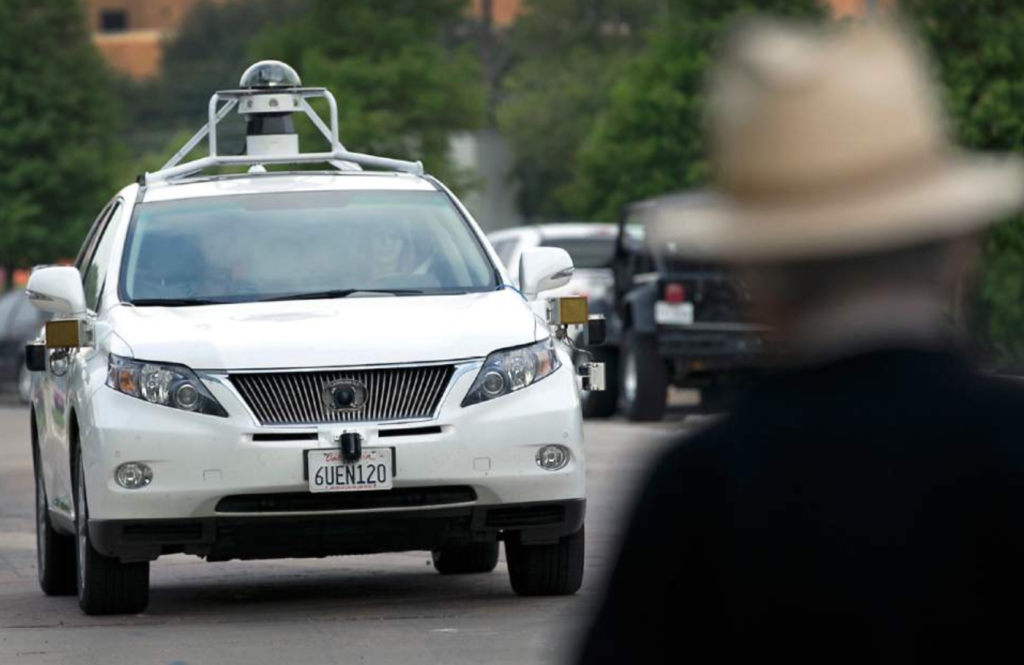Texas, like Finland, never had a law blocking self-driving cars from public roads, until Thursday when Gov. Greg Abbott signed a bill that set out the rules of the road.
The re-legalization makes a few things clear for automakers and tech companies testing their autonomous vehicles in The Lone Star State. First, self-driving cars without a driver remain legal, as long as the car has a specific amount of insurance and is able to record video, according to a report by The Texas Tribune.
See Also: Lyft and nuTonomy announce self-driving R&D partnership
The manufacturer must accept liability for all accidents on the road, an agreement that both Waymo and Uber have both fought against in other states.
Removing the need for a driver could push self-driving tests in Texas to Level 4 autonomy, which means fully autonomous except in certain environments, like heavy snows.
Michigan is the only other state which allows self-driving cars to be tested without a driver inside to take control. California and Arizona are looking into legislation that would legalize driverless vehicles, but so far we only have two states.
All of this state legalization may be null and void before too long, if a Republican House of Representatives bill passes through Congress. The bill would make the National Highway Traffic Safety Administration (NHTSA) the national regulator for all things self-driving, and allow up to 100,000 cars a year to be exempt from the NHTSA’s rules.


















